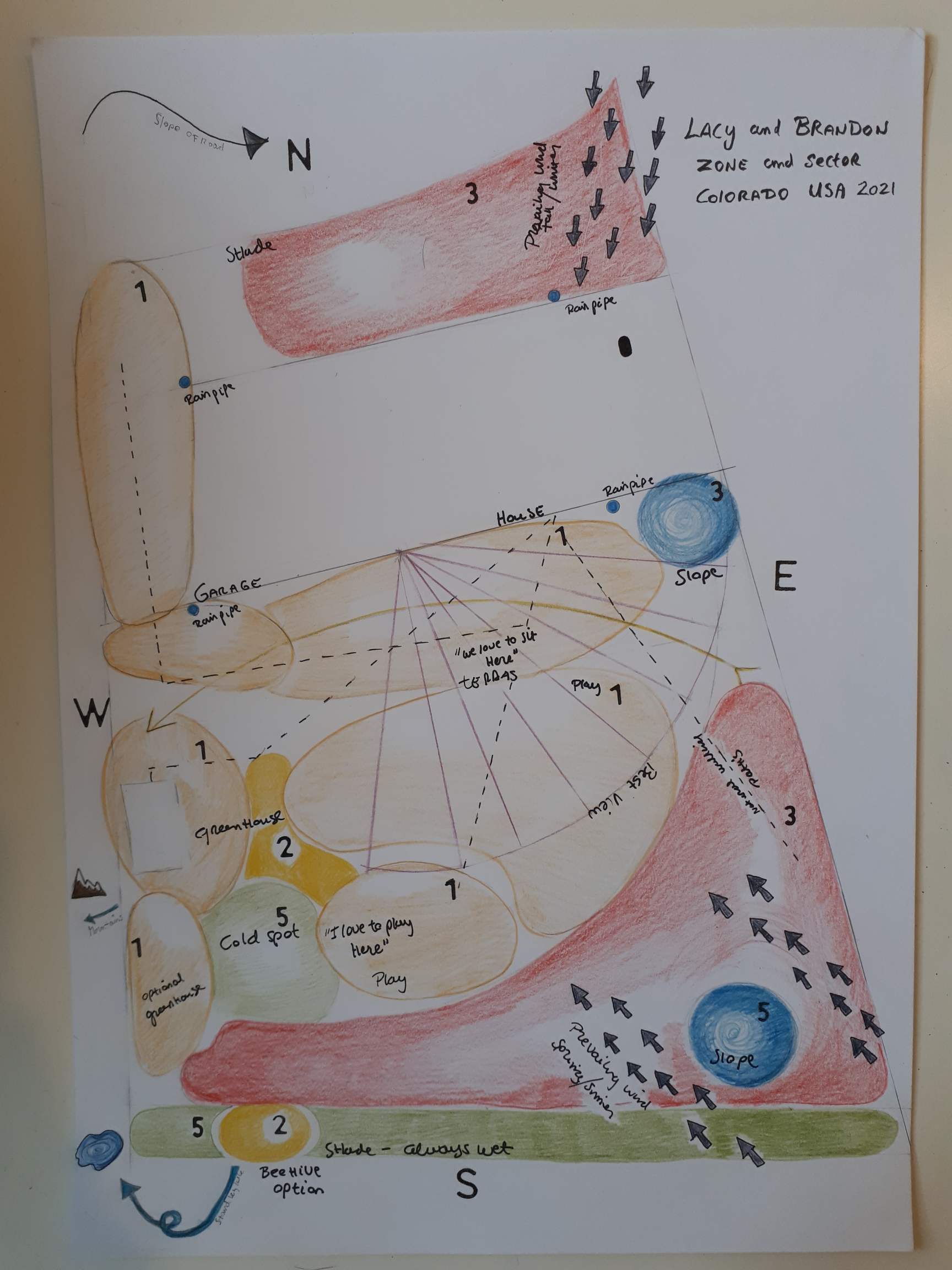I’ve been reading “What Einstein Told His Cook: Kitchen Science Explained,” and I just learned that the only difference between white sugar, brown sugar, and raw or turbinado sugar is how much of the molasses is removed. Nutritionally, the raw and brown sugar (with more molasses left on) has a slightly higher mineral content, but not really enough to make a difference in your diet (unless you’re eating, like, NOTHING BUT sugar).
The only way that white sugar is more “processed” than raw sugar is that it has been washed and boiled more. It has the same sucrose content.
I’m not saying that white sugar is good for you, I’m just saying there’s less of a difference than I thought. And, also, if you’re swapping raw sugar for white on a clean eating diet… well, there’s not a whole lot of point.
And, just to clarify, I’m not knocking clean eating! I think it’s a good plan. I’m just saying that raw sugar isn’t really much different from white sugar.
I recently wrote an article for Organic Authority about the more than 50 different names sugar can go by on ingredients lists. Too much added sugar is bad for you. And, unfortunately, switching to raw sugar isn’t going to solve the problem.
Does this knowledge change the way you think about sugar at all? Have you given up sugar in any way?



LOVE this post!! The Anti-Sugar campaign is fairly near and dear to my heart – I typically do a few Sugar workshops in elementary schools every year for education week. Kids are so amazing – they really want to eat better – and are hungry for education.
Thanks for this post!!! I will share on my Facebook page.
Thanks Sara! I *love* sugar, so I’m trying really hard to find a balanced way to have it in my life.
Short and sweet! Just had to say that. Seriously though, a great share.
It was my understanding that the difference between raw sugar and brown sugar is that raw sugar does not have the molasses removed, whereas brown sugar has had it removed and then added back (basically, it’s white sugar plus molasses).
We live in Colombia, and panela (the native raw sugar) is very popular here. It’s not refined – as I understand it, it’s just evaporated cane juice. It doesn’t look anything like our sugar, because it’s not a powder. It comes in big, hard blocks that are dark brown, and it breaks off in chunks. It’s usually dissolved in water as a drink (agua de panela), though some people use it to sweeten coffee (cafe campesino – “peasant’s coffee”) or make traditional candies because it’s cheaper than white sugar. It’s considered healthy, which I thought was silly, but then reading the label one day I noticed one serving has 50% of your RDA of iron. Considering that panela is cheap and meat is expensive, I wouldn’t be surprised if there are a lot of the rural and/or peasant class for whom panela actually does provide some significant nutrients. (Poor people here don’t get much meat. Their diet, sadly, is basically rice and potatoes.)
So, while I agree that cutting out sugars is important, if you’re eating a completely unrefined sugar (like, as part of a fruit), I don’t think it’s bad for you. I know you’re not doing this, but there are some people who say that ALL sugar is bad for you, to the point that they won’t eat fruit (like, the Atkins diet) and I think that approach to nutrition is just wrong-headed.
I agree. And you’re right about the difference between raw and brown sugar.
Thank you for verifying the difference. I didn’t realize that they were basically the same.
The reason I prefer raw sugar over white sugar is that it is less processed. All that extra processing does remove some nutrient value, but besides that it is just a real waste of resources to refine sugar more than is necessary, just so that it can be white. In the scale of things I don’t think that there is any real need for white refined sugar. It was something that was thought up as a marketing ploy surely?? Make it look more attractive and people will prefer it over the raw stuff…
I agree, Caroline! The way I understand it, it started in the late 19th century, the same time as white flour, when anything whiter was thought to be more pure.